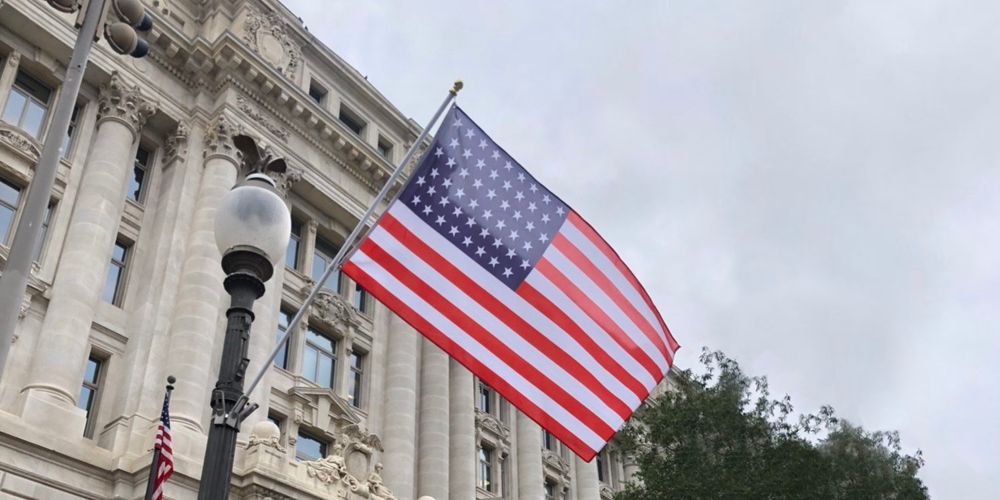Issue 25 • Week of July 3, 2022
Taxation without representation was the rallying cry that drove American colonists to rebel from Great Britain, and yet that slogan holds true for nearly 4 million US citizens today. How can we celebrate Independence Day when the residents of Washington, DC and Puerto Rico are denied their voice? How can smaller territories such as the US Virgin Islands expect clear next steps until the two largest status questions are resolved?
Both are unique cases. Washington, DC was conceived as a district where officials would meet for a few months and then return home, yet it has become a permanent residence for 700,000 people – larger than Vermont or Wyoming. While Washingtonians are able to choose electors for president thanks to the 23rd Amendment, they have no representation in the Senate and their sole delegate to the House cannot cast votes on legislation despite constituents paying more federal taxes than 22 states.
Puerto Rico became a Spanish colony in 1492 and has been a US territory since 1898 so its residents have been at the mercy of others for an incomprehensible 530 years. Puerto Ricans have been US citizens since 1917, but they have no say in Congress or the presidential election despite being home to more veterans than 7 other states (AK, DE, ND, RI, SD, VT, WY). Their situation is a parallel to the citizens aged 18-20 who fought in Vietnam and were not allowed to vote until the 26th Amendment lowered the voting age to 18. This discrepancy has repeatedly shortchanged Puerto Ricans, especially during the federal responses to Hurricane Maria, recent earthquakes, and the pandemic.
Self-determination has been a core principle of international law and bedrock of American policy since WWI, but remains elusive for US citizens in these two jurisdictions.
How can we advocate for the rights of these 4 million Americans?
This content is only available to members
Sign up for free to read the potential solutions for this topic and find out what you can do today for a better tomorrow or pre-order our second book that will compile 100 issues on making a difference.
Unlock contentAlready have an account? Sign In



